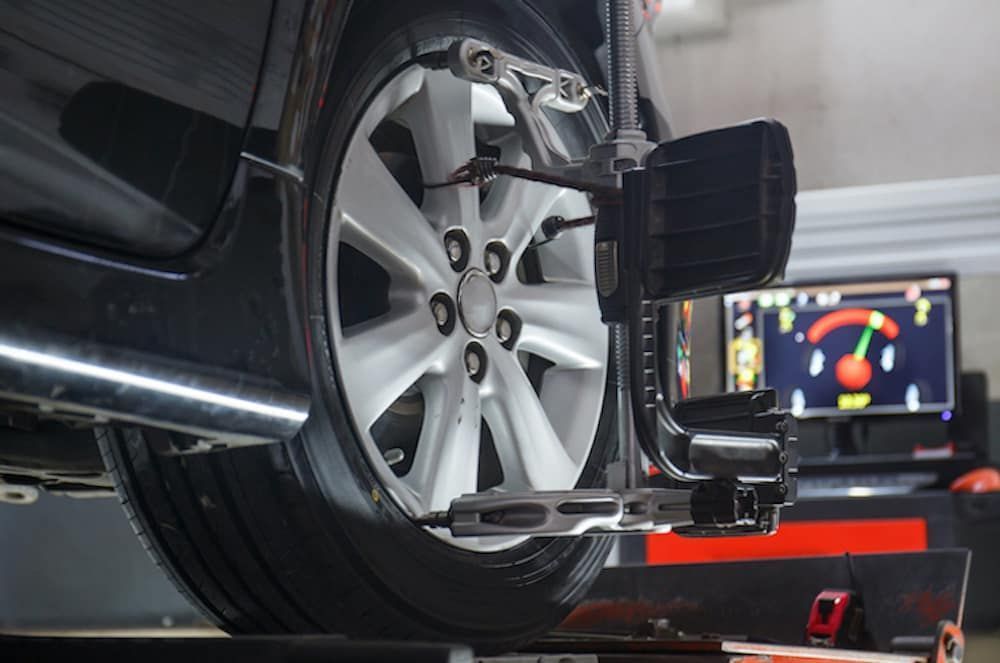Mon - Thu 8:00 AM - 5:30 PM
Fri 8:00 AM - 5:00 PM
Mon - Thu 8:00 AM - 5:30 PM
Fri 8:00 AM - 5:00 PM
4444 Reviews
Car Battery Voltage Guide for Royal Oak Drivers
Car Battery Voltage Guide: Everything You Need to Know
Your car battery is essential—it provides the power to start your engine, run electronics, and keep everything functioning properly. At First Call Auto Care in Royal Oak, MI, we want to ensure your battery stays in peak condition, avoiding unexpected breakdowns.
In this guide, we’ll dive into the typical voltage of a car battery, what affects it, and how you can keep yours in top condition.
How Many Volts Is a Car Battery?
A standard car battery provides 12 volts of power. When fully charged, it typically ranges between 12.6 to 12.8 volts, and during engine operation, it can reach 13.7 to 14.7 volts for charging.
Key Takeaways:
- A standard car battery operates at 12 volts, but variations depend on the vehicle.
- A fully charged battery produces 12.6 to 12.8 volts; anything below 12 volts may need recharging.
- Regular battery maintenance helps prevent starting issues and unexpected breakdowns.
What Is the Standard Voltage of a Car Battery?
The most common car battery, the lead-acid battery, typically provides 12 volts of electrical power. This 12-volt system is composed of six individual cells, each producing around 2 volts to make up the standard 12-volt output.
While 12 volts is the standard for most vehicles, it’s essential to understand that a car battery’s voltage fluctuates depending on its charge level, usage, and condition.
Fully Charged Battery Voltage
A fully charged car battery typically ranges between 12.6 and 12.8 volts. This is considered optimal for a standard 12-volt battery.
Battery Voltage When Running
While the engine is running, the voltage from the car’s alternator will increase to 13.7 to 14.7 volts, which is necessary to recharge the battery and power the car’s electrical systems.
Low Battery Voltage
If the voltage falls below 12 volts, your battery may be undercharged or experiencing issues.
- 11.8 to 12 volts: The battery is not fully charged.
- Below 11.8 volts: The battery is weak and could be close to failure.
Why Does Battery Voltage Matter?
Your car battery’s voltage directly impacts the electrical system of your vehicle. Maintaining the right voltage ensures your car starts properly and operates smoothly.
1. Starting the Car
Your battery supplies the electrical power needed to start the engine. If the voltage is too low, the battery won’t be able to provide enough power, leading to starting problems.
2. Running Electronics
Your battery powers components such as headlights, radio, air conditioning, and dashboard electronics. A low voltage battery can result in dim headlights, malfunctioning electronics, or complete electrical failure.
3. Charging the Battery
The alternator uses a higher voltage to recharge the battery while the engine is running. If the alternator is faulty, the voltage may drop, leading to a discharged battery and potential breakdown.
What Factors Affect Car Battery Voltage?
Several factors influence your car battery’s voltage. Understanding these factors can help you maintain a healthy and long-lasting battery.
1. Battery Age
Over time, a battery’s ability to hold charge decreases.
- Typical lifespan: 3 to 5 years.
- If your battery voltage is consistently low, it may need replacement.
2. Extreme Temperatures
Both hot and cold temperatures affect battery performance:
- Cold Weather: Reduces battery power, leading to slower cranking times.
- Hot Weather: Accelerates battery wear and reduces its lifespan.
✅ Tip: If you live in Michigan’s extreme temperatures, have your battery tested regularly.
3. Electrical Load
If your vehicle has many electronics (heated seats, high-end sound system, extra lights), it drains the battery faster.
✅ Tip: Avoid using too many accessories when the engine is off.
4. Alternator Issues
The alternator recharges your battery. If it's faulty, the battery may not receive enough charge, leading to low voltage.
✅ Tip: Have your alternator checked if you experience frequent battery issues.
How to Maintain Your Car Battery and Voltage
To extend your battery life and ensure consistent performance, follow these tips:
1. Regularly Check Battery Voltage
Use a multimeter to check voltage, or have it inspected at First Call Auto Care in Royal Oak, MI during maintenance visits.
2. Keep the Battery Clean
Dirt and corrosion can interfere with battery function. Clean the terminals using a baking soda and water solution.
3. Drive Your Car Regularly
Frequent driving allows the alternator to recharge the battery. If you don’t drive often, consider using a battery maintainer.
4. Test the Battery Periodically
Many auto parts stores offer free battery testing to help assess battery health.
What to Do if Your Car Battery Voltage Is Low
Recharge the Battery
If the voltage is low but not completely dead, use a battery charger designed for your battery type.
Jump-Start the Car
If the battery is too weak to start your car, jump-start it using jumper cables and another vehicle.
Replace the Battery
If your battery fails to hold a charge, it’s time for a replacement.
🔧 Need a battery replacement? Visit First Call Auto Care in Royal Oak, MI!
FAQs
1. How many volts is a car battery?
A standard car battery typically provides 12 volts, with 12.6 to 12.8 volts when fully charged.
2. How can I check my car battery’s voltage?
Use a multimeter or have it tested at a repair shop.
3. Why is my car battery voltage low?
Possible reasons include a discharged battery, alternator issues, extreme weather, or battery age.
Visit Our Shop in Royal Oak, MI
Your Trusted Auto Shop in Royal Oak, MI
Over 50 Years of Experience in Quality Auto Care
First Call Auto Care
Mon - Thu 8:00 AM - 5:30 PM
Fri 8:00 AM - 5:00 PM
Services
List of Services
-
AC & Heat RepairAC & Heat Repair
-
Brake RepairBrake Repair
-
Engine Repair & MaintenanceEngine Repair & Maintenance
-
Oil ChangeOil Change
-
Suspension RepairSuspension Repair
-
Tire Sales & ServiceTire Sales & Service
-
Transmission RepairTransmission Repair
-
Wheel AlignmentWheel Alignment
-
Muffler RepairMuffler Repair
-
Diesel RepairDiesel Repair
-
Fleet ServicesFleet Services
List of Services
-
AC & Heat RepairAC & Heat Repair
-
Brake RepairBrake Repair
-
Engine Repair & MaintenanceEngine Repair & Maintenance
-
Oil ChangeOil Change
-
Suspension RepairSuspension Repair
-
Tire Sales & ServiceTire Sales & Service
-
Transmission RepairTransmission Repair
-
Wheel AlignmentWheel Alignment
-
Muffler RepairMuffler Repair
-
Diesel RepairDiesel Repair
-
Fleet ServicesFleet Services
Services
List of Services
-
AC & Heat RepairAC & Heat Repair
-
Brake RepairBrake Repair
-
Engine Repair & MaintenanceEngine Repair & Maintenance
-
Oil ChangeOil Change
-
Suspension RepairSuspension Repair
-
Tire Sales & ServiceTire Sales & Service
-
Transmission RepairTransmission Repair
-
Wheel AlignmentWheel Alignment
-
Muffler RepairMuffler Repair
-
Diesel RepairDiesel Repair
-
Fleet ServicesFleet Services
List of Services
-
AC & Heat RepairAC & Heat Repair
-
Brake RepairBrake Repair
-
Engine Repair & MaintenanceEngine Repair & Maintenance
-
Oil ChangeOil Change
-
Suspension RepairSuspension Repair
-
Tire Sales & ServiceTire Sales & Service
-
Transmission RepairTransmission Repair
-
Wheel AlignmentWheel Alignment
-
Muffler RepairMuffler Repair
-
Diesel RepairDiesel Repair
-
Fleet ServicesFleet Services




© 2024 First Call Auto Care. All Rights Reserved | Website managed by Shopgenie








